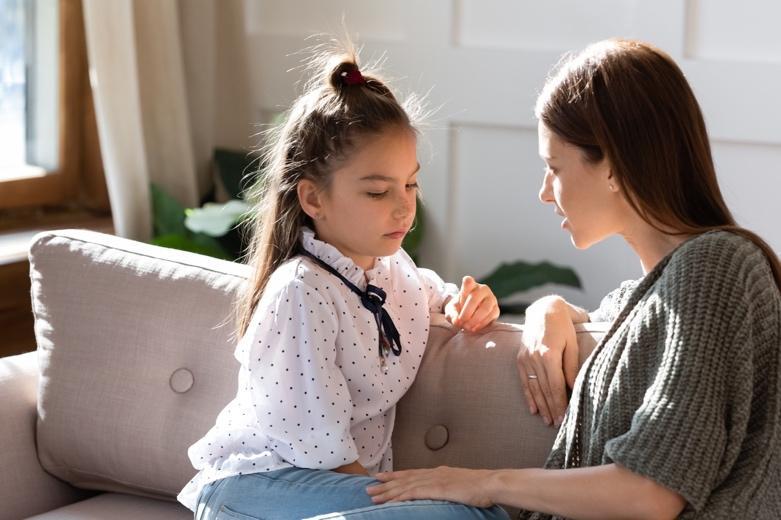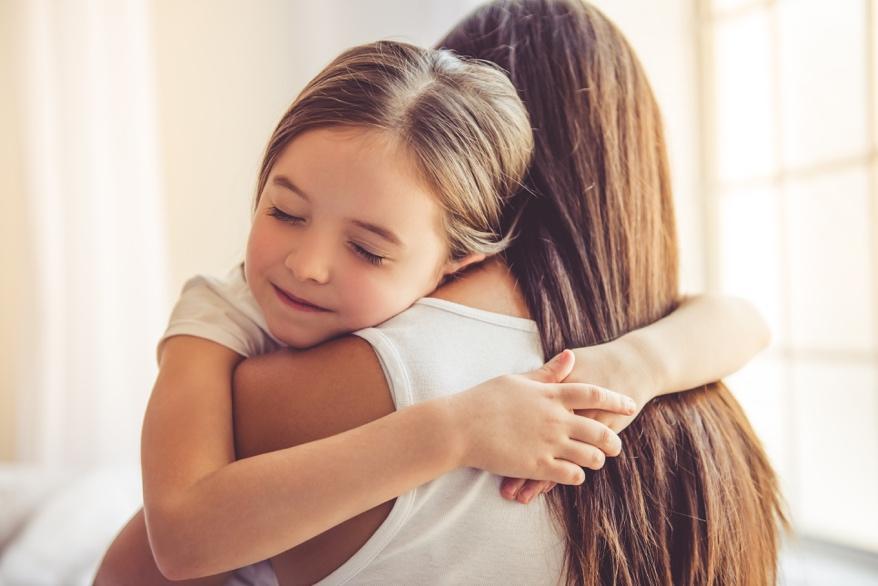Parenting An Anxious Child
By Allison Rodriguez

Fears and worries are a part of every child’s journey, but when these feelings are persistent and extreme, occurring on a daily basis, a bigger issue may be at hand.
Anxiety in children can present itself in many ways; a few common triggers include separation anxiety from their parents, extreme fear about certain things or situations, apprehension about the future, distress when placed in social environments and unexpected episodes of panic.
Physical symptoms may include fatigue, headaches, stomachaches, insomnia, difficulty concentrating and abnormally frequent bowel movements.
If you suspect that your child may have anxiety, you are not alone. According to the CDC, over four million children aged 3-17 have an anxiety disorder. While acknowledging that your child is struggling may be upsetting, it is the first step to helping them improve their health and happiness. The following are some tips on how to parent a child with anxiety:
Discover what makes your child anxious
The first step to managing anxiety is recognize what is causing your child to feel worried. Observe your child throughout the day and record when and how their symptoms appear. Are they reluctant to play with other children their age? Do they pretend to be ill every time an exam comes along? Perhaps they are simply plagued with negative thoughts. Whatever the reason, you should try to have a conversation with your child about their triggers and emotions, ensuring that you are truly listening to them. A little consideration can go a long way.


Schedule an appointment with your pediatrician
Once you’ve identified the culprit of your child’s anxious feelings, consider taking your child in to see their pediatrician. You may know your child best, but a medical professional can provide a mental health assessment, evaluate their development and even determine if their anxiety may be caused by another illness. Above all, your pediatrician can give you peace of mind and steps to take moving forward.
Face the Music
Every parent wants to protect their child from hurt. While it may be your instinct to shield them from everything that causes their anxiety, this is not the best course of action. By safeguarding your child’s exposure to stressful situations, you may inadvertently demonstrate to them that their deepest worries are valid and necessary. Encourage your child to step out of their comfort zone and face their fears head on and be sure to praise them when they successfully do so.


Teach Coping Skills
When your child experiences anxiety, they are experiencing many intense emotions and it can be overwhelming. One of the greatest ways to lessen the intensity of your child’s experience is to teach them healthy ways to cope with their feelings. If you notice your child becoming anxious, try practicing healthy coping skills with your child like spending time outdoors, doing yoga, dancing to a favorite song, reading a book, or meditating. These coping mechanisms will benefit your child in the present and when they are on their own in the future.
Finally, understand that you may not be able to eliminate your child’s anxiety completely and that’s okay! By teaching your child to manage their anxiety, you are preparing them to live the best life they possibly can. With your support, your child will be able to tackle their symptoms and thrive.